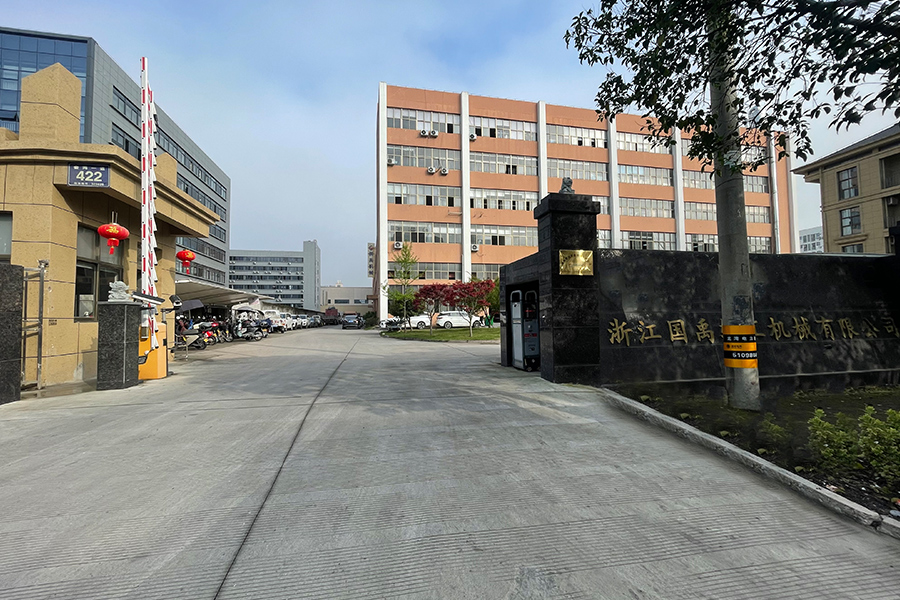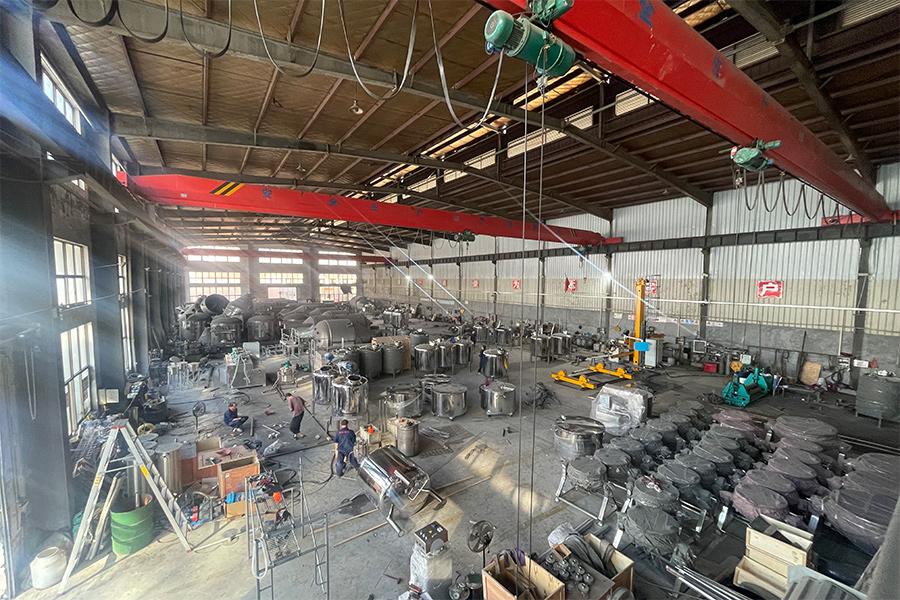-
 [email protected]
[email protected]
-
 +86-13706666922
+86-13706666922

A stainless steel chemical dosing spray tank is a crucial component in various industrial processes where precise chemical dosing and spray application are required. These tanks are engineered to store, mix, and deliver chemicals safely and accurately, facilitating consistent dosing in applications such as water treatment, agriculture, cleaning, and manufacturing.
Stainless steel is the material of choice for chemical dosing spray tanks because of its durability, corrosion resistance, and sanitary properties. Unlike tanks made from plastic or carbon steel, stainless steel offers good resistance against a wide range of chemicals, including acids, alkalis, and solvents, making it suitable for handling aggressive substances.
The tank typically features a cylindrical or rectangular shape and can vary in size depending on the volume requirements of the process. Its construction follows standards that ensure leak-proof performance and structural integrity under various operating conditions.
One of the key advantages of stainless steel chemical dosing spray tanks is their ability to withstand harsh chemical environments without degradation. The stainless steel grades commonly used (such as 304 or 316) provide resistance to oxidation and corrosion, which can extend the lifespan of the tank and reduce maintenance costs.
Additionally, stainless steel surfaces are smooth and non-porous, limiting the possibility of chemical residues adhering to the walls. This feature simplifies cleaning procedures and prevents contamination between different chemical batches.
The chemical dosing spray tank is designed to work in conjunction with dosing pumps and spray systems. The tank holds the chemical solution in a controlled environment, from which it is drawn and distributed through spray nozzles or injection points.
The integration of dosing pumps ensures that the chemical is dispensed at a precise rate and volume, which is essential for processes that require exact chemical concentrations. Spray nozzles attached to the system allow for even distribution over surfaces or into treatment processes.
Some tanks come equipped with built-in agitators or mixers to keep the chemical solution homogeneous, preventing settling or stratification. This is especially important for chemicals prone to separation or crystallization.
Applications:
Water Treatment: Stainless steel dosing spray tanks are widely used to apply disinfectants, coagulants, and pH adjustment chemicals to municipal and industrial water systems. Accurate dosing helps maintain water quality and compliance with regulatory standards.
Agriculture: In agricultural spraying systems, these tanks store fertilizers, pesticides, herbicides, and other liquid treatments, ensuring uniform application over crops or soil.
Cleaning and Sanitation: Industries such as food processing and pharmaceuticals use chemical dosing spray tanks to apply cleaning agents and sanitizers in controlled amounts, maintaining hygiene and safety standards.
To ensure safe operation, stainless steel chemical dosing spray tanks often include features such as pressure relief valves, level indicators, and temperature sensors. These safety devices help prevent over-pressurization, chemical spills, or overheating.
Control systems integrated with the dosing pumps and spray units can automate the dosing process, allowing operators to set dosing schedules, flow rates, and mixing parameters. Automation reduces human error and improves process consistency.
Ventilation or exhaust systems may be included to manage fumes or vapors released during chemical handling, protecting both equipment and personnel.
A stainless steel chemical dosing spray tank plays a vital role in industries requiring accurate and controlled chemical application. Its corrosion-resistant construction, compatibility with dosing and spray systems, and integration of safety features make it a reliable solution for chemical handling challenges.







